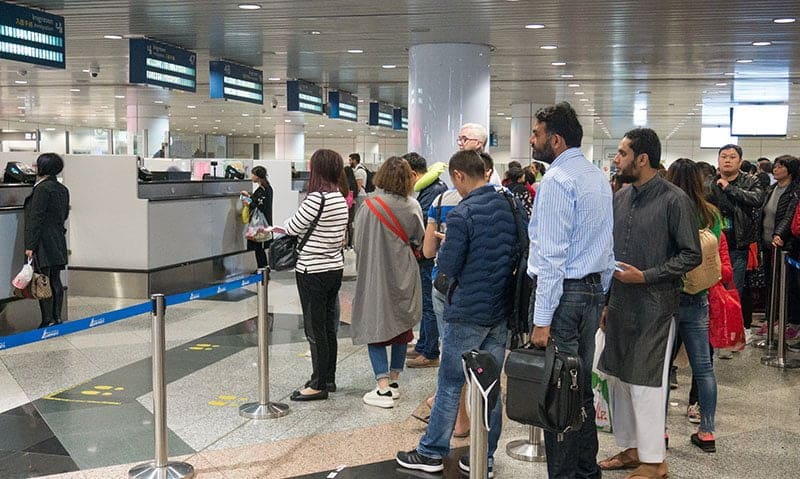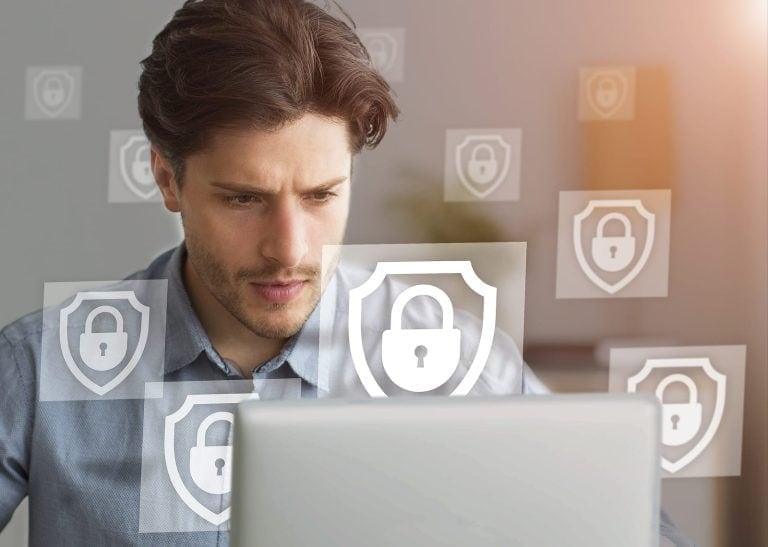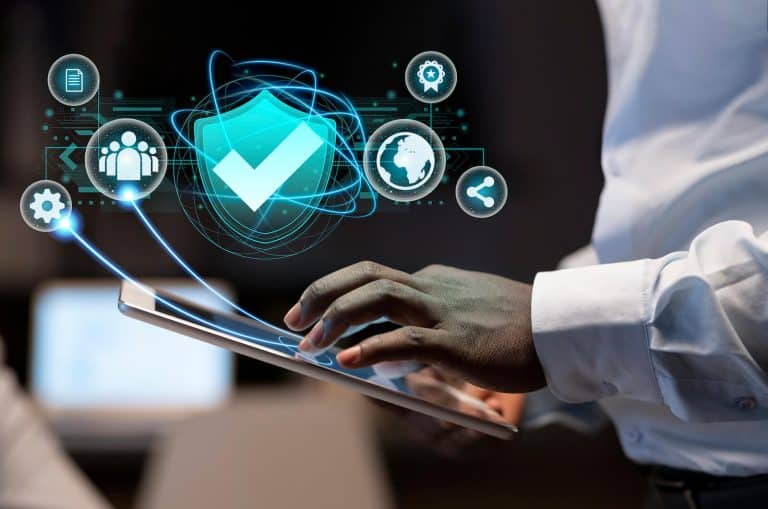Travelling with your electronic devices – smartphones, laptops, tablets, trackers and the like exposes you to risks around the vulnerability of your personal data. You may be traveling far from home, but hackers with access to your digital data are only a few keystrokes away from your bank account, credit cards and overall identity. The development of new digital technologies has opened up new opportunities for travellers, but at the same time has increased exposure to scams and security risks while on the road.
New concerns around just how private your information is when entering other countries and going through immigration checks is also something that travellers need to be aware of and have strategies in place to avoid undue risk.
With the summer travel season fast approaching, it’s a good time to start ensuring your own digital security. The premier travel insurance comparison website TravelInsurance.com has come up with a list of digital travel security recommendations:
- Backup Your Documents: Scan or take pictures of your travel documents, including your passport, airline tickets, hotel reservations and insurance papers on your phone in case the originals are lost or stolen.
- Sanitize your Devices: Before leaving home, remove all non-essential personal information from your computer, phone and other devices. Make sure to set a strong password on your computer and mobile devices and look into possibly having the devices automatically wiped after a large number of incorrect password entries.
- Assume Your Data Is Not Secure: Anyone can gather your data without much difficulty. Some countries monitor data and emails, while airports and hotels are generally public or semi-public internet hubs. Use a virtual private network (VPN) to ensure your privacy and to access websites that might be blocked by local internet providers. A VPN is a private and secure internet network that you can reach via any internet connection. Never submit sensitive payment information on websites if the browser shows “http” instead of “https.” Also, turn on two factor authentication on all of your email, banking and credit card accounts as an added measure of security (provided that you can receive text messages at your destination).
- Download Apps: There are a variety of apps that can help keep you informed and secure while on the road. The State Department’s Smart Traveler app is available free of charge from both iTunes and the Google Play store. It’s a great source of information about specific countries, travel advisories and warnings.
- Don’t Fry Your Devices: Make sure that you have the right adapters. Check the tech specs of your devices and the electrical standards of your travel destinations.
One I would add is to consider traveling with a netbook rather than a laptop that contains your personal information on its own hard drive. Netbooks will store all your documents and other information in the cloud, so the actual device is worthless without all your passwords for online accounts. The quality of the passwords you use is an issue for another post!
You can also consider wiping your smartphones before travelling and then restoring these from backup once you arrive at your destination.
Security of your personal data needs to be something you review constantly, whether at home or travelling far afield, but there are certainly special considerations when you leave the confines of your own country.





